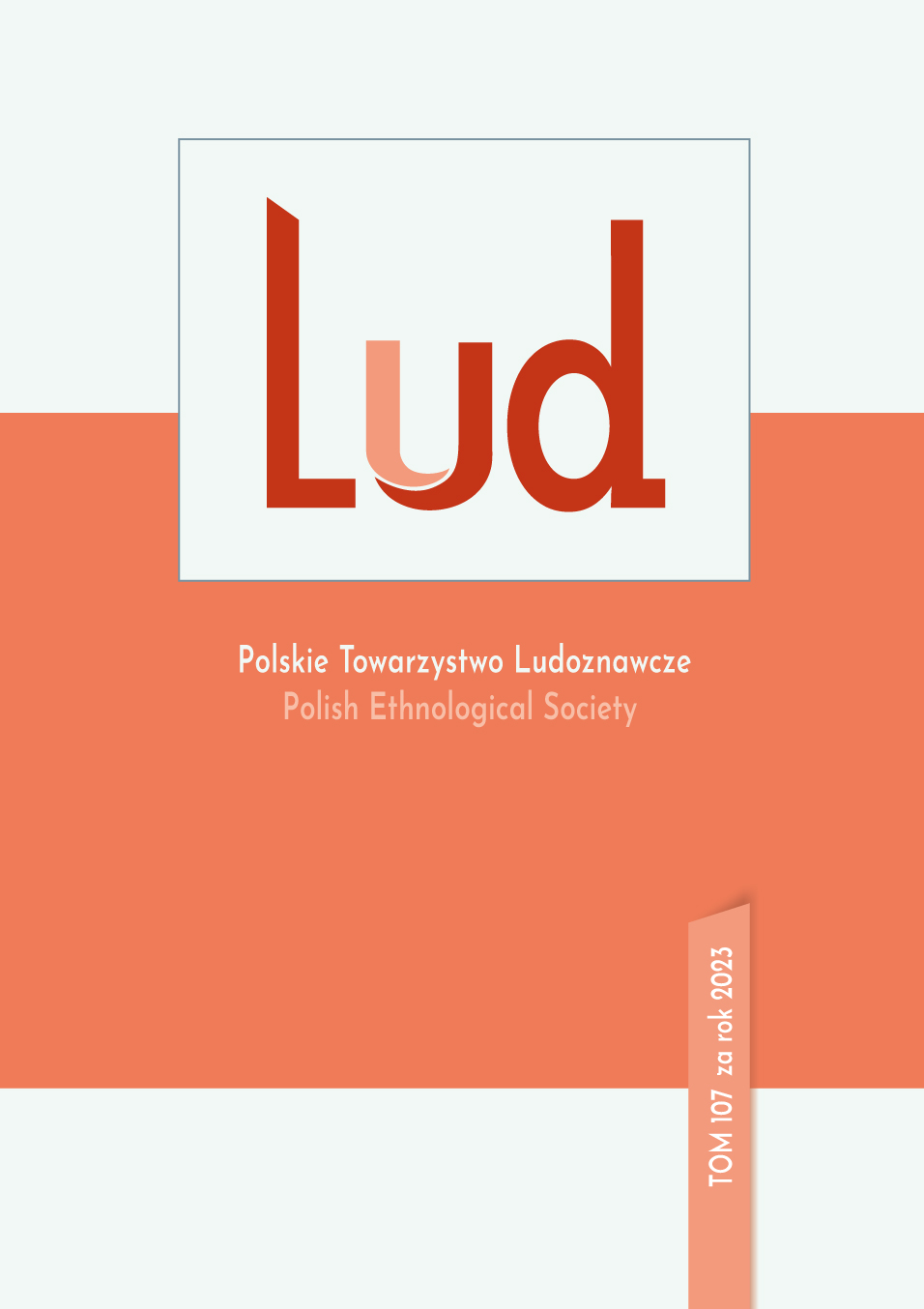ANTYCYPUJĄC PRZYSZŁOŚĆ – DIAGNOZA
A DOŚWIADCZENIE W CHOROBACH RZADKICH W POLSCE
ANTICIPATING THE FUTURE: DIAGNOSIS AND EXPERIENCES OF RARE DISEASES IN POLAND
Author(s): Małgorzata RajtarSubject(s): Health and medicine and law, Welfare services
Published by: Polskie Towarzystwo Ludoznawcze
Keywords: future; anticipation; rare diseases; diagnosis; newborn screening; retinopathy; medical anthropology;
Summary/Abstract: Developments in biotechnology and newborn screening allow for earlier detection and quicker diagnosis of diseases, even before symptoms are first displayed. This allows doctors to begin treatment of rare diseases in the early stages of life. Nevertheless, even with early diagnosis, the future for these patients is uncertain. In this article, I analyze the results of ethnographic research that was conducted among people with inborn errors of metabolism, their parents, and doc- tors in Poland. I examine newborn screening technology using the category of “anticipation” in its macro-social and experiential meanings (Adams et al. 2009; Jae 2018; Stephan, Flaherty 2019). Drawing from this concept, I attend to both the perspectives of doctors and what parents of children with inborn errors of metab- olism experience. For these parents, the “diagnostic moment” (Jutel 2016) reveals a future that is characterized by anticipation. I argue that newborn screening en- genders a therapeutically uncertain future for the patient, whose condition escapes both medical knowledge and expertise. In one of the inborn errors of metabolism discussed in this article, this future entails pathological bodily changes, such as ret- inopathy. Facing the chronic symptoms that this disease will have on their children, some parents actively seek ways to approach their child’s unknown future.
Journal: LUD
- Issue Year: 107/2023
- Issue No: 1
- Page Range: 10-41
- Page Count: 32
- Language: Polish

